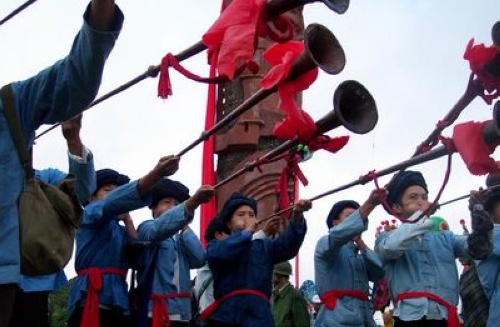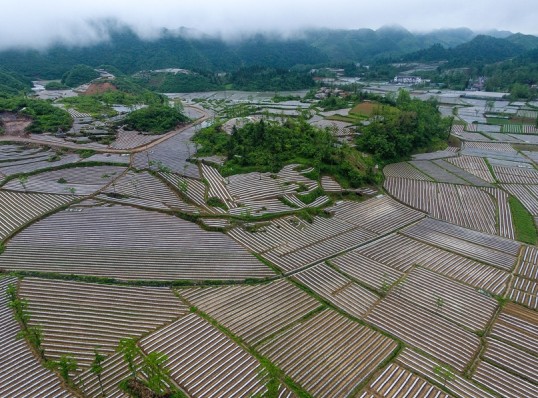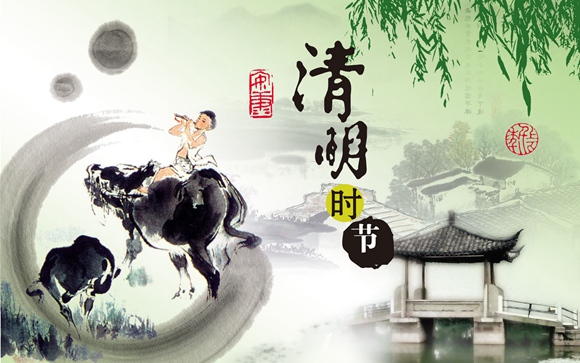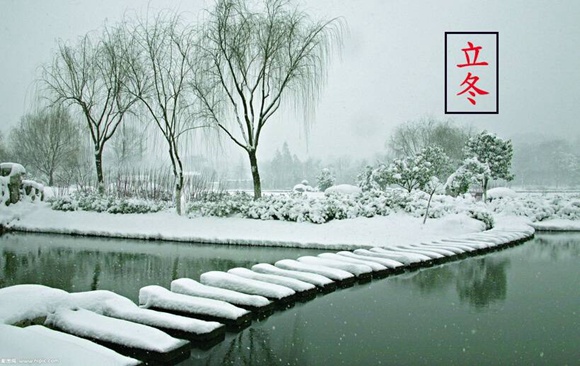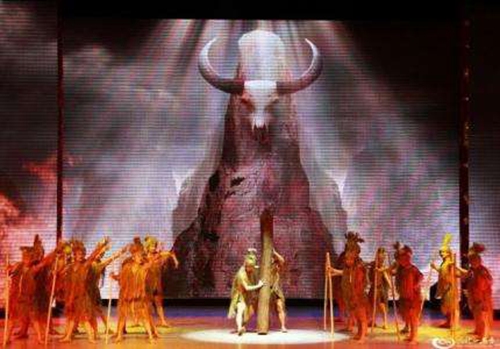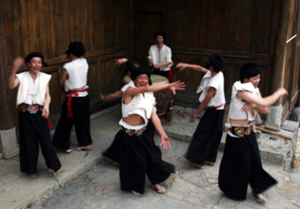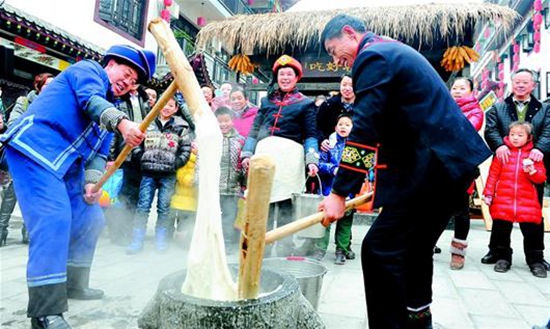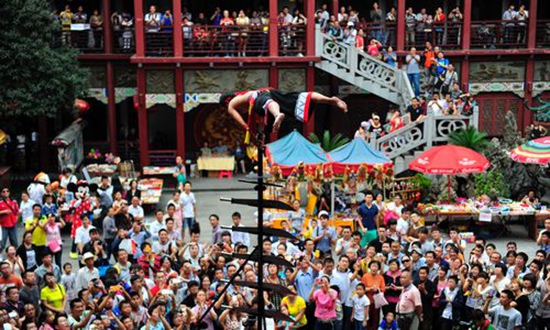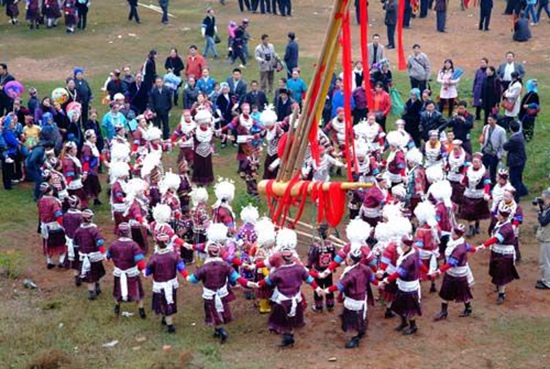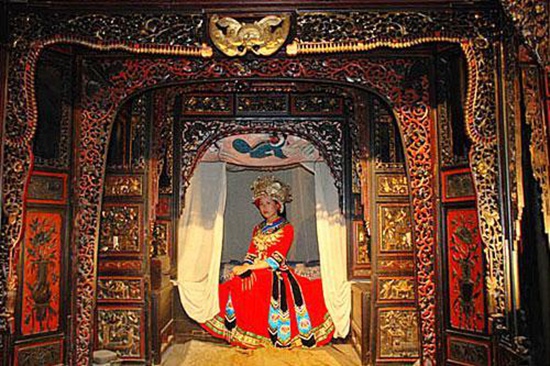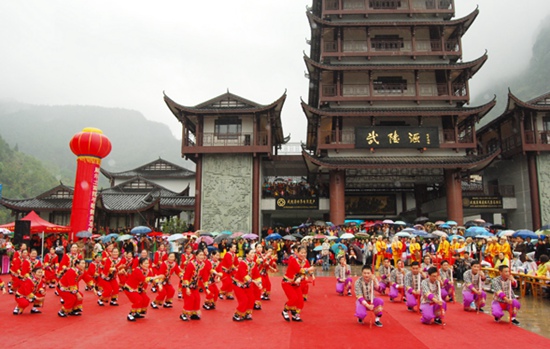Western Hunan, A mysterious land in China, has a lot of unique festivals like “3.3”(Valentine’s Day of Hmong Nationality on March 3), “4.8”(a fete ceremony in memorial of ancient Hmong martyr on April 8), “6.6”(ancestor worshipping fiesta of Hmong nationality on June 6) and so on. Following, I will present specifically above mentioned 3 festivals of Hmong nationality.
“3.3” (Also called Antiphonal Singing Festival)
On every March 3(lunar year), girls of Miao nationality who are dressed up and young lads in crowds will gather at the antiphonal singing yard not only for celebrating for the spring plowing but also in aim of looking for their sweetheart. When a lad invites a girl to sing and the girl doesn’t follow, the lad will withdraw voluntarily and seek for anther girl. If the girl sings after the lad, it shows that the girl and the clad matches and then they can continue singing love songs antiphonally.
Celebrating Date: March 3(Lunar year)
Celebrating Place: Miao Village Stand in Tanjiatan where borders Luxi County,Guzhang County and Jishou City in Western Hunan.
“4.8”(April 8 of lunar year)
“4.8”is a great fiesta in memorial of ancient martyrs. Every year at this day, Miao people will gather at a scheduled place playing drum dance, antiphonal singing, climbing ladder of knives, giving a performance of sword and spear to express their memory of martyr and faith in carrying forward martyrs’ unfulfilled wish.
It has been said in very ancient times that every April 8, Hmong people hosted great corroboree in looking for their sweetheart. However, in a later year, many officers forced several lovers to be separated in order to meet their selfish lust for beauties. Then at the second year of April 8, young men of Hmong nationality had in advance prepared well to fight against officers’ robbery of beauties. However, under government’s bloody suppression, all warriors were dead in fight.
Since then, every April 8, Miao people ofWestern Hunanwill host great ceremony to memorize those martyrs.
“6.6”(Ancestor worshipping day of Hmong nationality on June 6)
It is said that the hero of Hmong nationality, Tianling, through three years’ diligent drill, could shoot the fatuous emperor’s seat by an arrow. One day, Tianling slept early and was ready to shoot the emperor at the first hear of the cock crow. However, unexpectedly, the cock crowed earlier than usual. Then Tianling rushed to climb up to the top of Mount General (The mountain borders Songtao City,Tongren City in Guizhou Province and Fenghuang County in Hunan) and shot as soon as he aimed at the emperor’s seat. The arrow shot just at the seat, but the emperor didn’t on his seat. Later, the emperor found out that it was Tianling who wanted to murder him. Thus, Tianling was killed at the very day of June 6 (lunar year). Since then, every year at this day, Hmong people would cloud at the bottom of Fenghuang Mountain, blowing whistle, singing Hmong songs and dancing, in order to memorize the hero with pray of good future.
By Patricia

